Latest
-
BD19 - Road Closure
A lane has now reopened on Bradford Road. We are still on site to carry out repairs and apologise for any disruption.
-
OL14 - No water/low pressure
Customers in OL14 may have no water or low water pressure due to a burst main. Thank you for bearing with us whilst we work to restore supplies as soon as possible
Improving water for everyone
Yorkshire is an amazing part of the world, and we want to play our part in making sure our customers and visitors can enjoy a paddle in the sea or their local river. We have lots of work underway to tackle this whilst also making sure the wildlife that inhabits our rivers, and surrounding areas can thrive, from salmon, to otters and water voles.
Have a look at what we’ve been up below...
How we’re supporting the first inland bathing water in Ilkley
We’re keen to play our part in improving water quality in the River Wharfe following the first Environment Agency classification of the inland bathing water at Ilkley. We’ve outlined a £13m investment in our network that will help to reduce discharges into the river during prolonged spells of rain and reduce the impact of treated effluent being returned to the environment. This funding is over and above existing investment plans for the current five-year period.
There are lots of projects we’ve begun in the area from modelling of rivers, to monitoring pilots, a new sewer and upgrades at our treatment works.
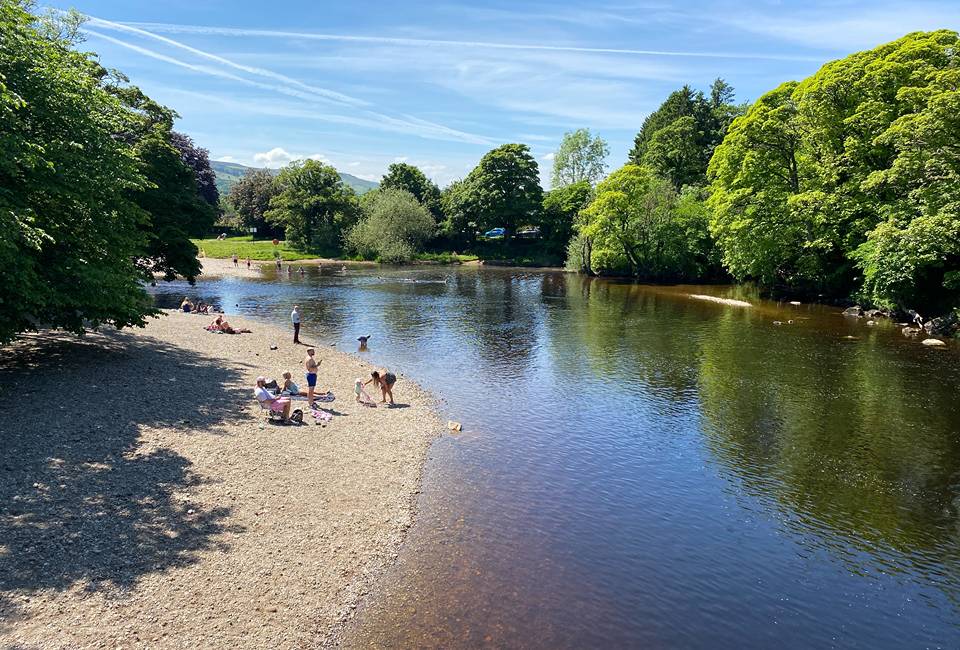
£1.4m investment to further reduce storm overflows into river Wharfe
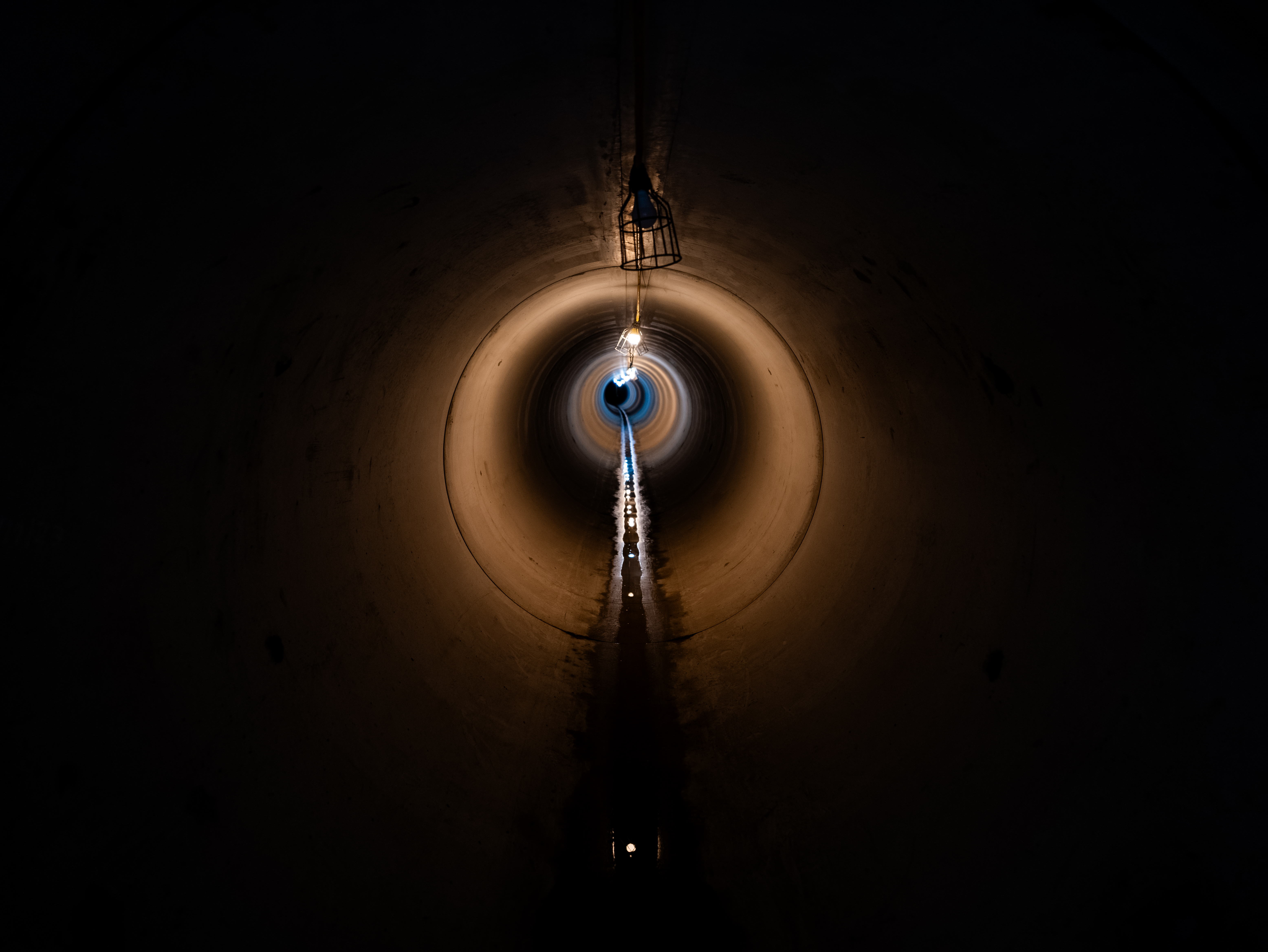
Wharfe water quality to improve as new £15m Ilkley sewer completed
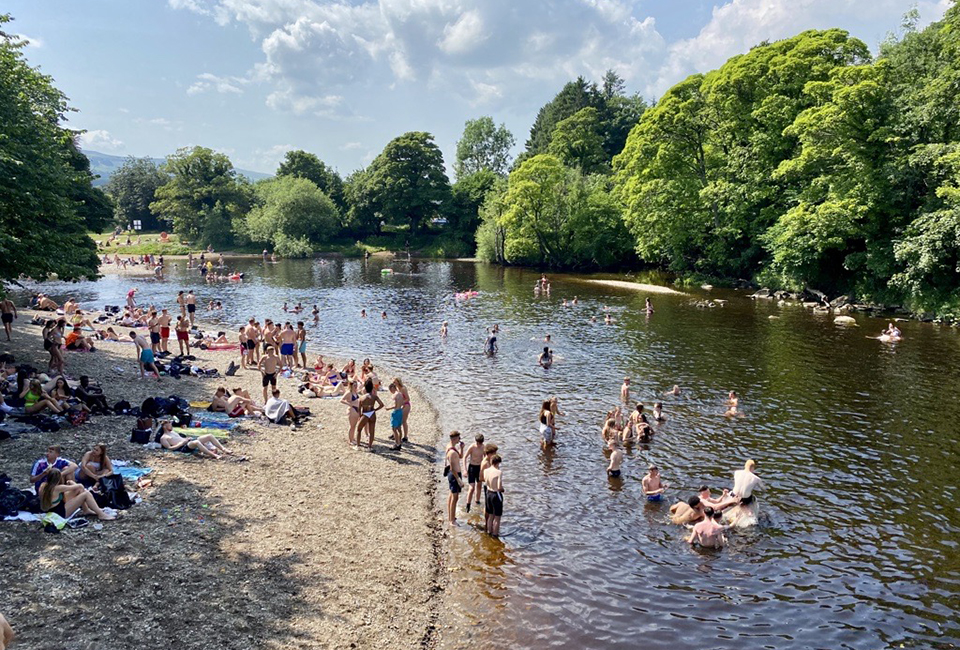
£13m infrastructure investment to improve Wharfe
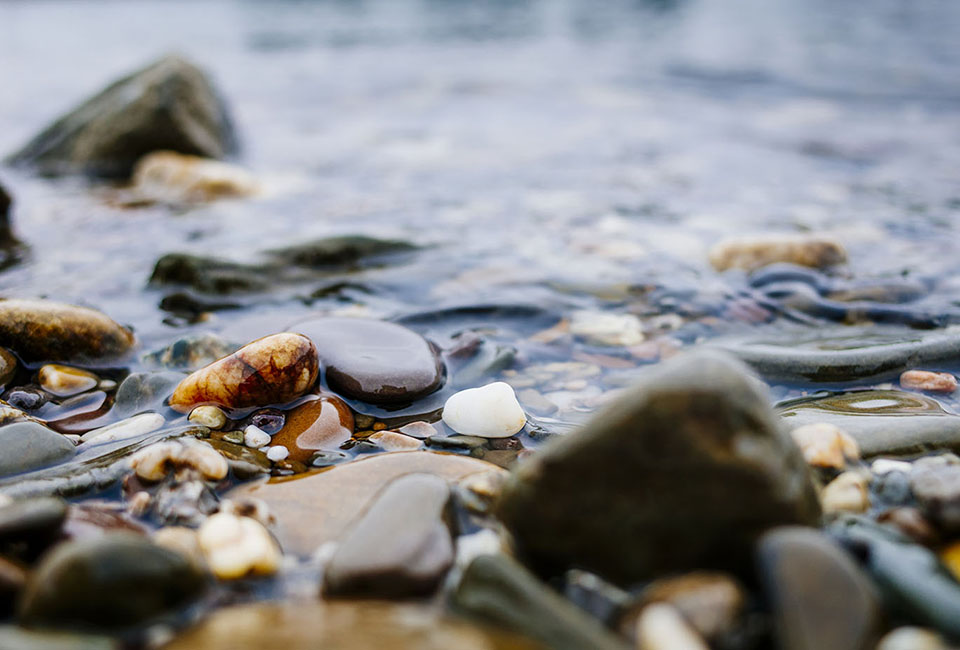
lkley sewage outfalls set for remote camera pilot
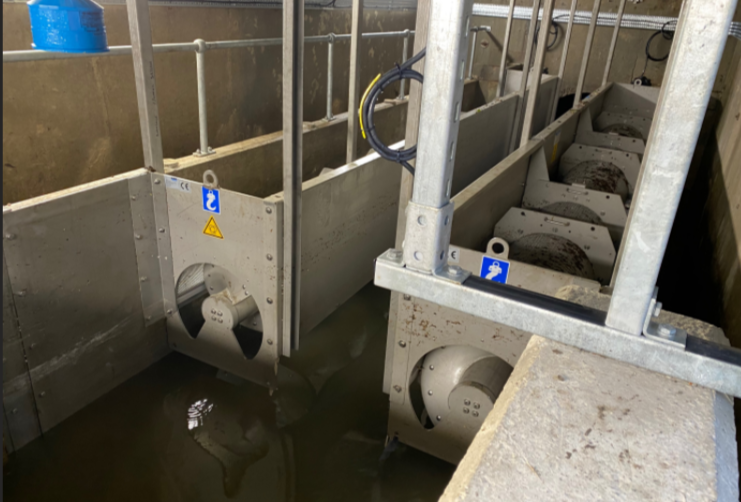
Upgrade work at Rivadale CSO

Disinfection added to treatment works on river Wharfe

New sewer to be laid in Ilkley using trenchless technology
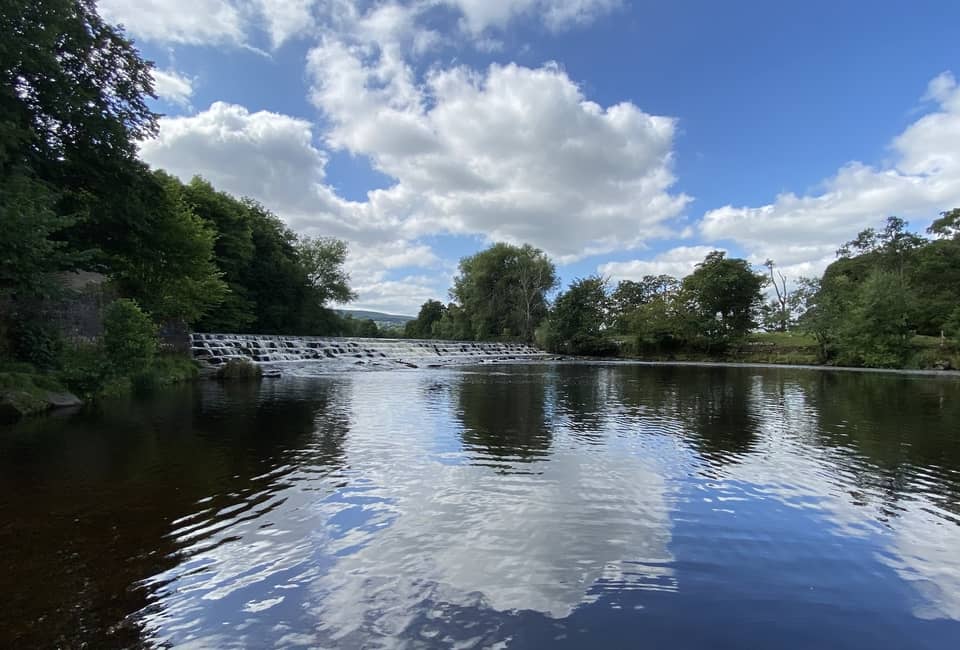
Yorkshire Water installs 21 water quality devices on river Wharfe

Early success as Ilkley and Addingham misconnections investigation begins
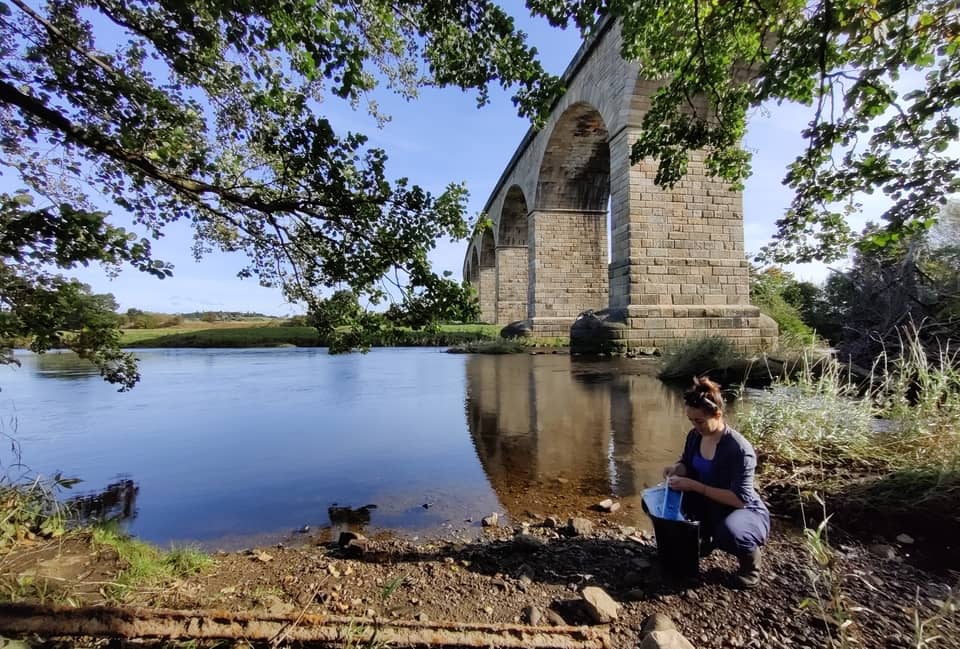
eDNA project underway to understand River Wharfe biodiversity
Fish passes
Fish passes are structures that allow fish to swim upstream past obstacles such as dams and weirs. By using these structures, fish can access important habitats and breeding grounds that would otherwise be cut off, helping to maintain the biodiversity of our waterways.
Our fish passes are carefully designed and installed to meet the needs of each specific location. They are created with the natural environment in mind, while providing the necessary passage for fish.
We are committed to ensuring that our waterways remain healthy and thriving for generations to come. By building fish passes, we are doing our bit to support the natural balance of our ecosystems and preserve the biodiversity of our rivers and streams.
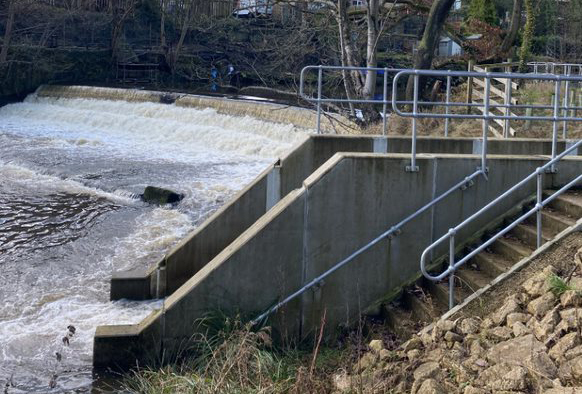
Wharncliffe
The construction of the Wharncliffe fish pass involved building a channel with a series of pools and baffles to create a continuous flow of water. This allows fish to swim up and over the weir with ease, improving the connectivity of the river system and allowing fish to migrate to their spawning grounds upstream.
This fish pass helps to maintain healthy fish populations by allowing them to move to areas with more food and shelter, but it also provides an opportunity for anglers to catch fish in a sustainable manner, benefiting the local economy. Furthermore, the construction of the fish pass has helped to improve the overall health of the river ecosystem.
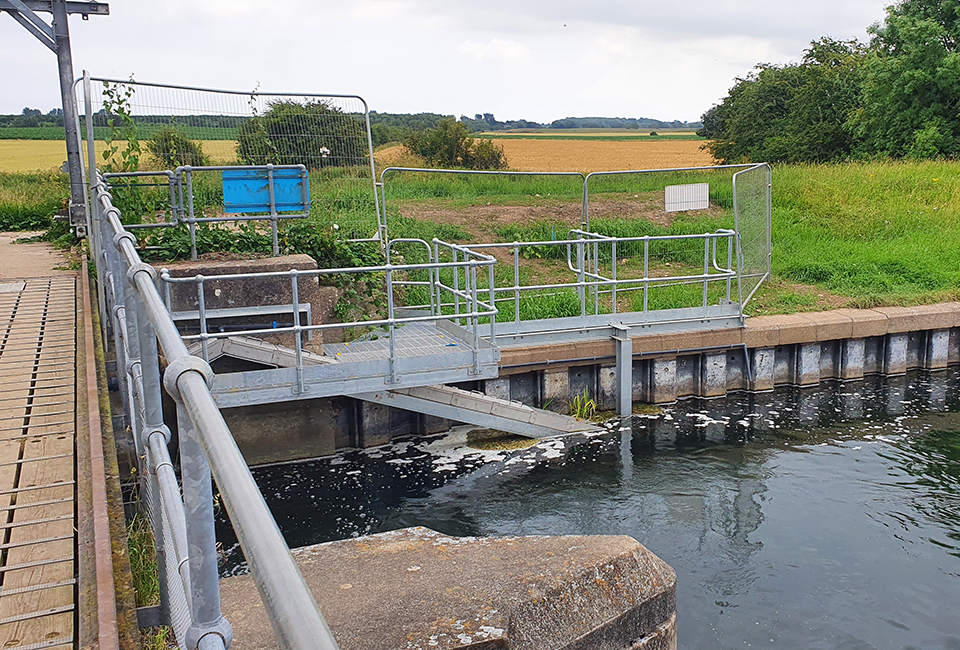
Tophill Low
The Tophill Low fish pass has helped to improve the ability of fish to migrate up the River Hull in East Yorkshire. Previously, there was a barrier in the river that prevented fish from moving upstream to reach their spawning and feeding grounds. The Tophill Low Fish Pass was built to solve this problem and allow fish including eels to swim upstream past the barrier, improving their chances of survival and increasing their population in the river.
The pass was designed to mimic natural conditions and was constructed using materials that blended in with the surrounding environment. By allowing fish to migrate upstream, the pass helped to restore the natural ecology of the river, promote biodiversity, and provide new opportunities for recreational fishing.
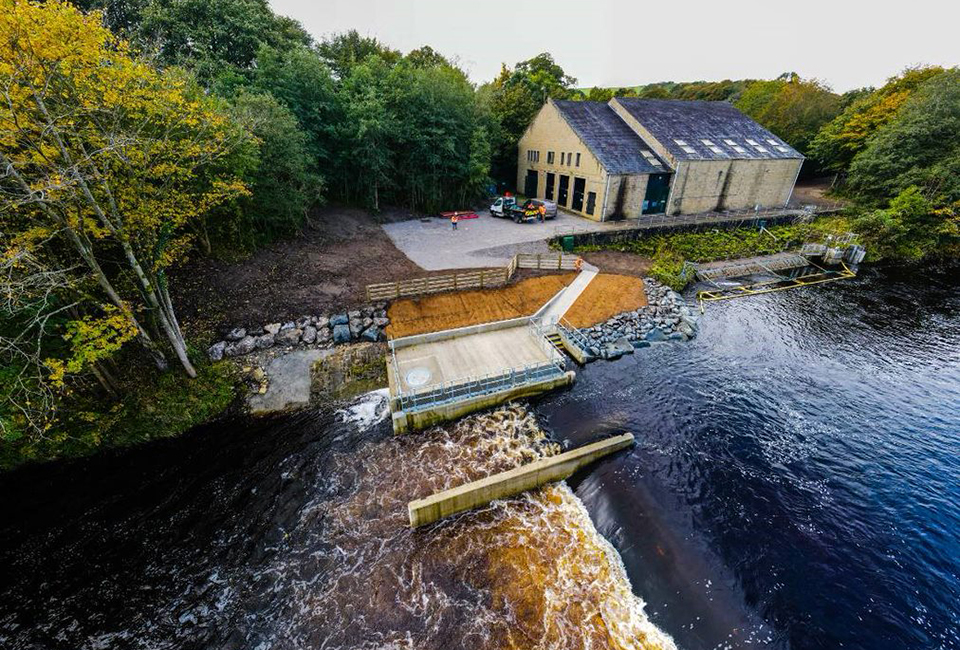
Lobwood
The Lobwood fish pass involved constructing a series of pools and channels to help brown trout and other fish overcome a dam that previously blocked their passage. Prior to the project, the weir posed a significant obstacle for the fish, which struggled to swim upstream to spawn. However, thanks to the new fish pass, a new route was created for the fish to swim past the weir and reach their spawning grounds.
The pass helped to improve the population of brown trout and other fish in the River Wharfe, which also benefits the local ecosystem and communities. The project also provided an opportunity for education and outreach, as members of the public were able to learn about the importance of fish migration and the role of the fish pass in improving their populations.
Take a look
Check out this video of our partnership work on fish passes on the River Don in Sheffield.
Helping wildlife thrive in Yorkshire
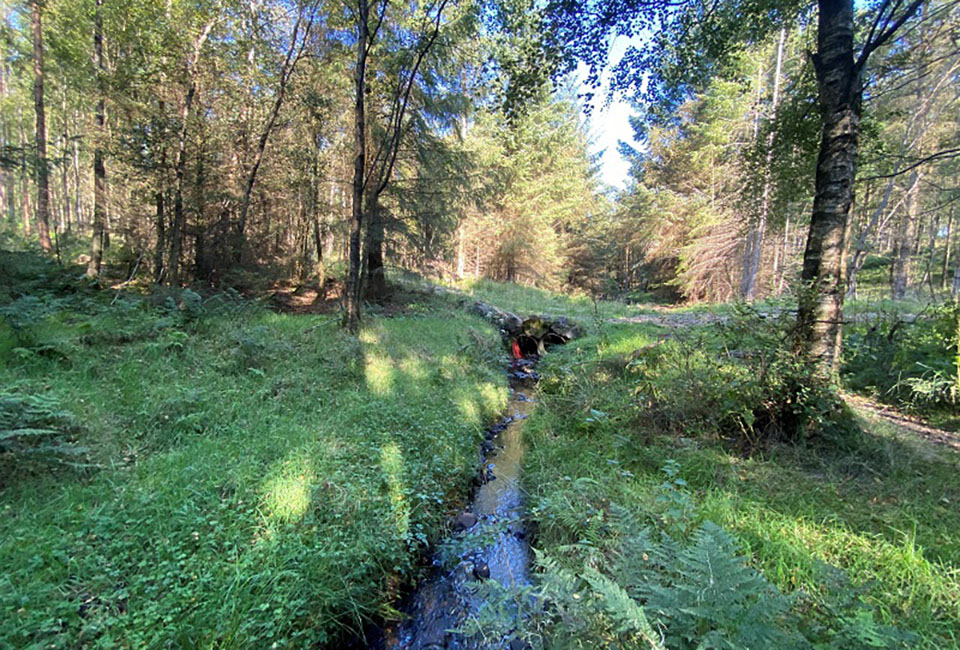
Enhancing habitat at Timble Ings woods
We’ve created new ponds at Timble Ings woods within the Nidderdale Area of Outstanding Natural Beauty (AONB) to enhance habitat for water voles, dragonflies, butterflies, newts and other pond wildlife.
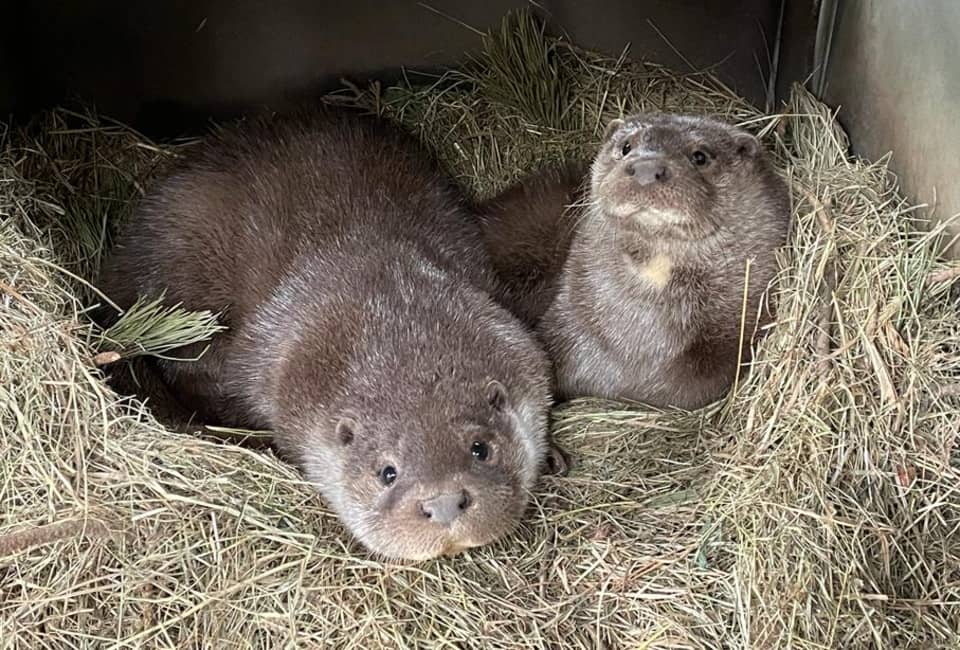
Yorkshire Water and RSPCA relocate orphaned otters
One of our sites on the banks of the river Ouse has been selected as a new habitat for otters, Buddy and Holly, who were rescued by the RSPCA.

Water voles thriving in Nidderdale AONB
We released 200 water voles into the Nidderdale Area of Outstanding Natural Beauty (AONB) and they’re thriving.
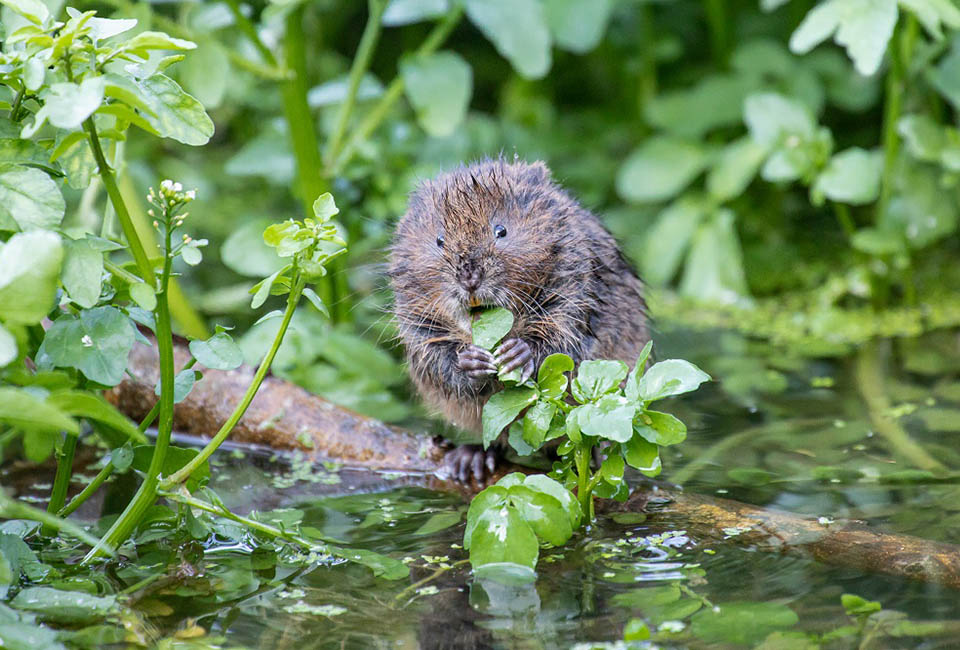
Further 100 water voles in Nidderdale AONB
Have a read about the second phase of our project to protect the endangered water vole with a further 100 released at Timble Ings Woods in Nidderdale.
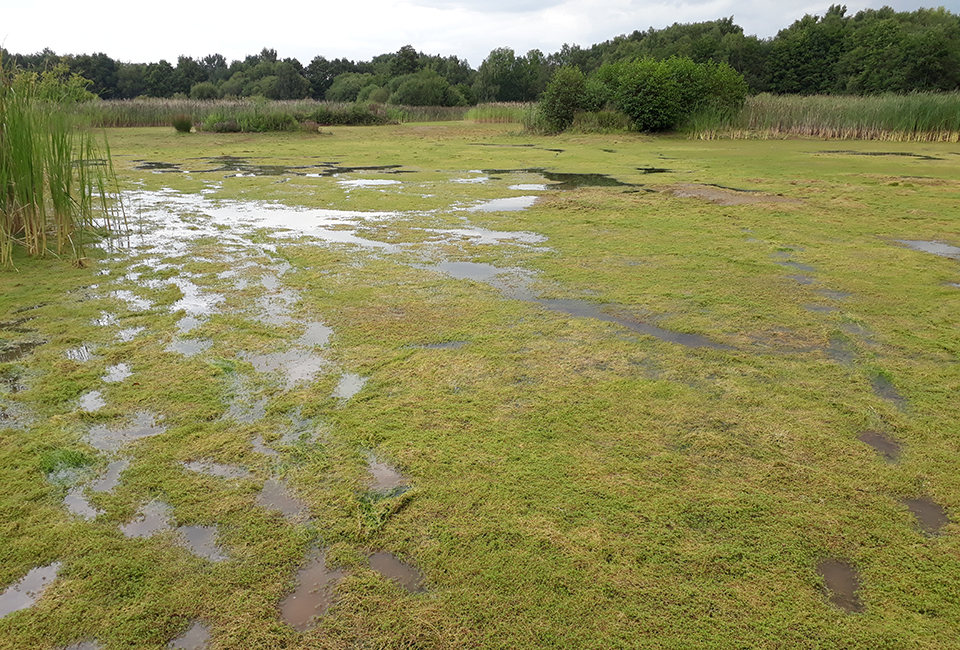
Partnership to release Crassula mites to tackle INNS
We’re involved in a trial project with the Centre for Agriculture and Bioscience International (CABI), Yorkshire Wildlife Trust and Harrogate Borough Council to tackle Crassula helmsii – an invasive non-native species (INNS) which is thriving in Yorkshire.
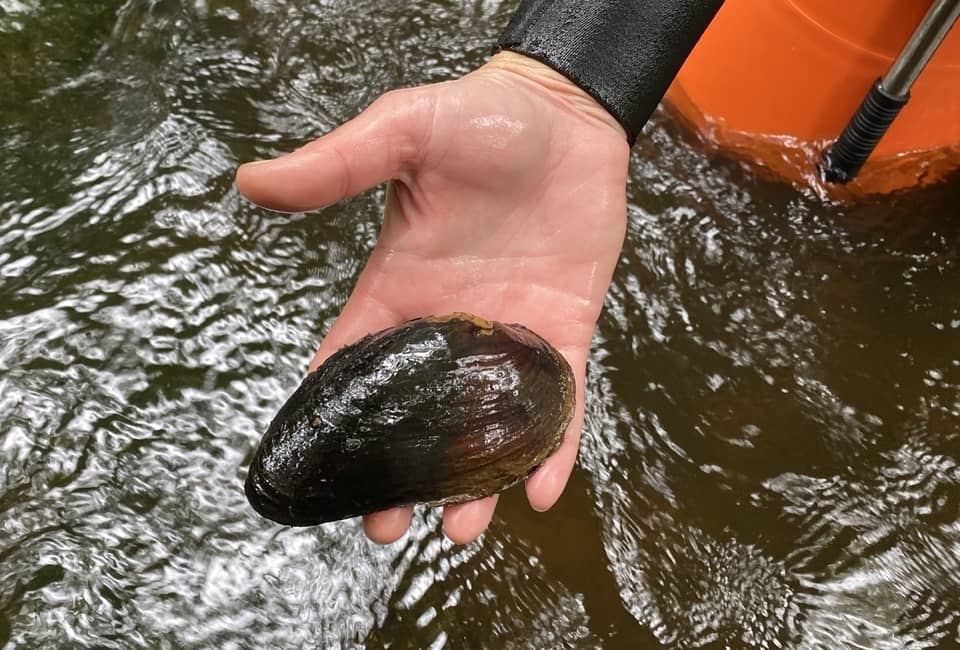
We partner with the FBA to breed rare pearl mussels
We’re working with the Freshwater Biological Association (FBA) and the North York Moors National Park Authority to help release young freshwater pearl mussels to the river Esk, in order to protect this endangered species and further enhance biodiversity and improve the overall health of the river.
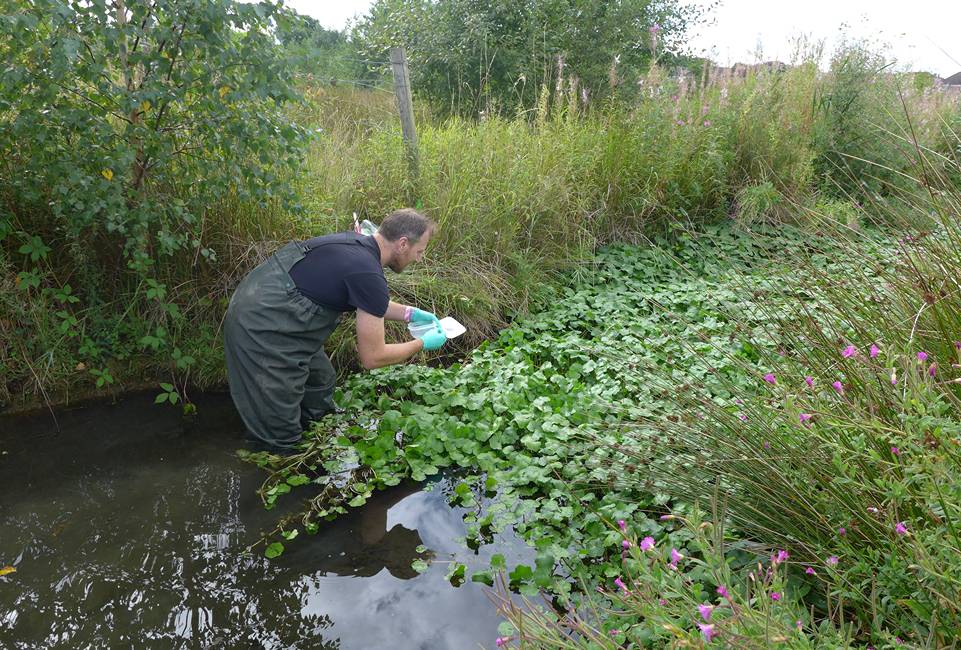
Weevils released to control floating pennywort
Weevils have been introduced as a biocontrol to two sites in West Yorkshire to control the growth of floating pennywort – an invasive non-native species (INNS) which can choke the life out of watercourses.
